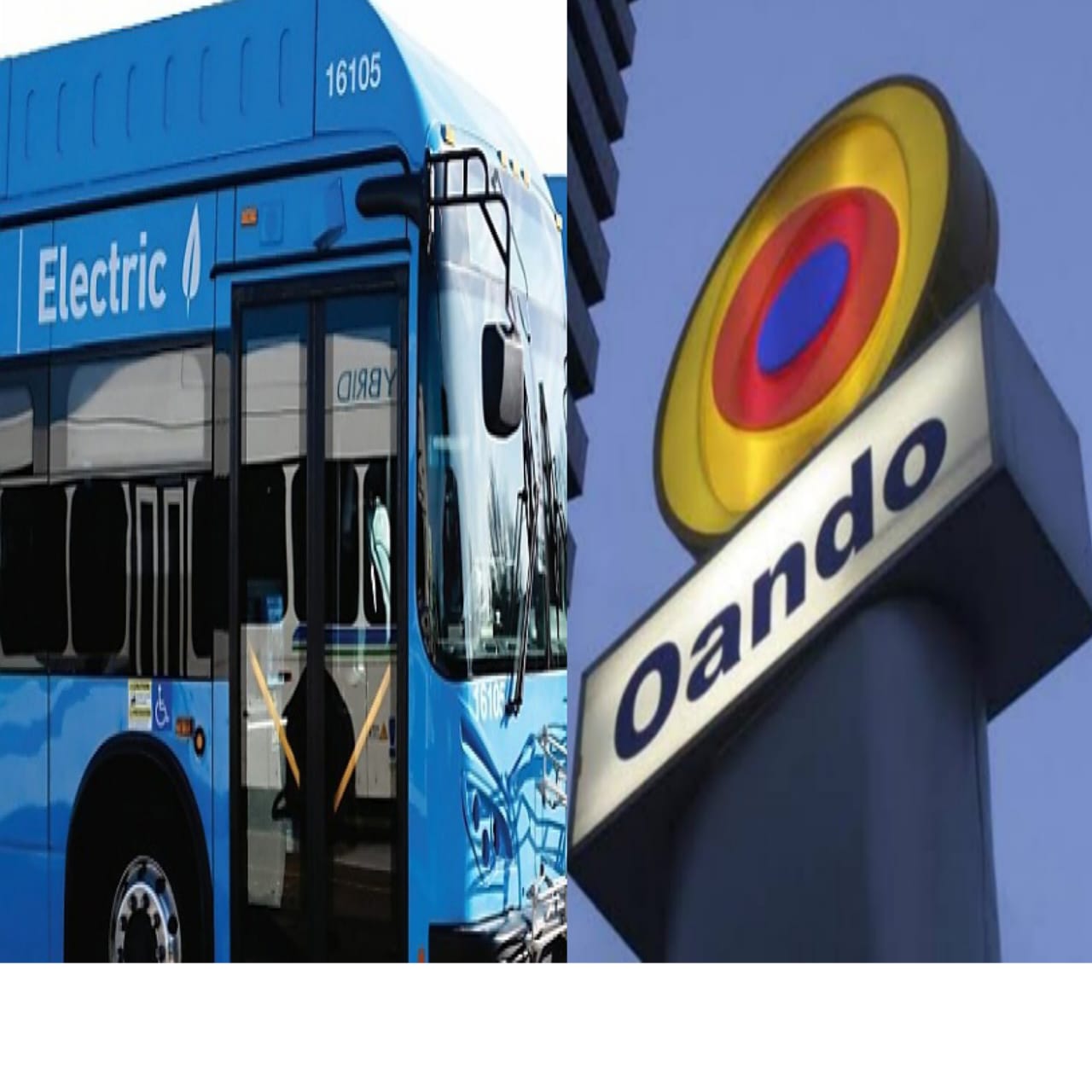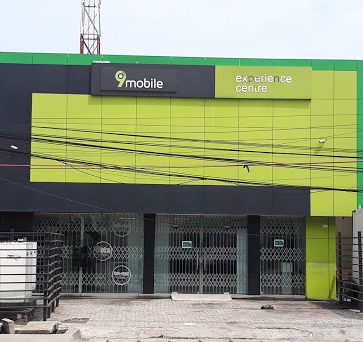Highlights
– Oando Clean Energy Limited (OCEL) partners with Yutong to introduce 12,000 electric buses on Nigerian roads within seven years, starting with Lagos State.
– The partnership includes the construction of a local assembly plant for electric buses and training programs for drivers and support staff, creating job opportunities and economic cost savings.
– The project aligns with Nigeria’s net-zero goal by 2060 and the Nigeria Energy Transition Plan, highlighting the significance of public-private partnerships (PPPs) in achieving sustainable development goals.
Nigerian energy firm, Oando Clean Energy Limited (OCEL), has partnered with China’s bus manufacturer, Yutong, to introduce 12,000 electric buses on Nigerian roads within seven years.
The project is aimed at building an infrastructure for electric vehicles (EVs) across the country, starting with Lagos State, where the first two EVs and charging stations have arrived for a pilot phase. The transition from conventional mass transit buses to electric buses will be gradual, eventually spreading across the country. This move is part of OCEL’s “Sustainable Transport Initiative,” aimed at supporting Nigeria in achieving its net-zero goal by 2060.
Join our WhatsApp ChannelREAD ALSO: Wale Tinubu’s Oando To Commence Electric Transport Business In Lagos
Partnership for Local Assembly Plant
The partnership between OCEL and Yutong also includes the construction of a local assembly plant for electric buses. Training programmes are also part of the joint venture. According to the partners, deploying over 12,000 electric buses in Lagos State could generate about $2.6 billion as estimated economic cost savings, equivalent to about 2.35 billion euros and 3.6% of Lagos’ GDP.
The EV rollout plan also supports the Nigeria Energy Transition Plan, specifically in achieving the country’s ambition to construct EV assembly plants. OCEL’s Chairman, Adewale Tinubu, said that the project underscores the African saying, “If you want to go fast, go alone; if you want to go far, go together.” He added that Public-Private Partnerships (PPPs) have been crucial in getting the project to this point and will continue to fuel its expansion across the country.
Creating Employment Opportunities
The project is expected to create 3,000 jobs for drivers and 2,000 opportunities for other support staff. Approximately seven million people in Nigeria rely on public transport for their daily commute. Frank Lee, managing director of Yutong West Africa, described this partnership as “a watershed moment” for Yutong, marking the first delivery of electric mass transit buses in Sub-Saharan Africa and the beginning of a large-scale deployment of an electric-powered public road transport system in Nigeria.
Memorandum of Understanding
OCEL and LAMATA, the Lagos State Government Agency overseeing public transport in Lagos, signed a Memorandum of Understanding (MOU) regarding the EV bus and infrastructure system upon starting today’s pilot. The MOU paves the way for the implementation of the Sustainable Transport Initiative in Lagos, which will enhance Nigeria’s position towards achieving its net-zero goal by 2060.
Conclusion
The partnership between OCEL and Yutong for the deployment of 12,000 electric buses in Nigeria is a crucial step towards achieving Nigeria’s net-zero goal by 2060. The EV rollout plan is aligned with the Nigeria Energy Transition Plan and will create job opportunities while also generating substantial economic cost savings. The project also underscores the significance of PPPs in achieving sustainable development goals. This initiative is a watershed moment for Yutong, marking the first delivery of electric mass transit buses in Sub-Saharan Africa and the beginning of a large-scale deployment of an electric-powered public road transport system in Nigeria.



















Follow Us